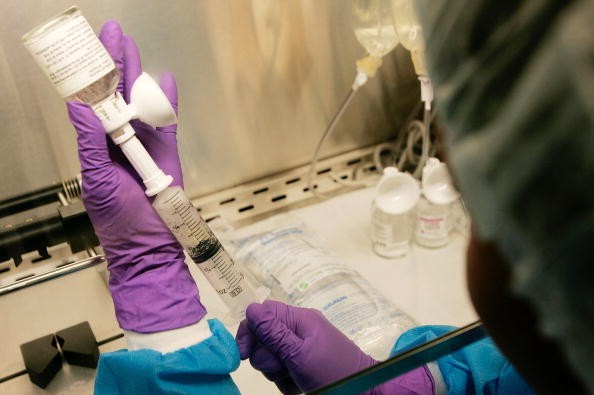
For one patient, a melanoma drug is currently extending her life despite being diagnosed with an incurable form of lung cancer.
The Food and Drug Administration has just expanded the scope of the Opdivo (nivolumab), which has been approved as a melanoma treatment last December 2014. However, the FDA has also fast-tracked the review of the same medication for treating lung cancer patients after two of its clinical trials turned out to be successful. This drug, developed by Bristol-Myers Squibb, is intended for patients with non-small cell lung cancer.
In the United States, at least 220,000 men and women will be diagnosed with lung cancer every year and around 158,000 of them die from the disease, making it the number 1 cancer killer. Among those diagnosed, 40,000 will have non-squamous small cell lung cancer. One of the severe risk factors for this type of lung cancer is smoking (including second-hand smoke). A person who may have it may experience cough that doesn't go away.
One of the clinical trials for the drug in relation to its effectiveness in treating lung cancer was conducted in Providence Cancer Center in Portland, where Janice Thompson was one of the participants.
She had the cancer about 5 years ago and had gone through almost all types of conventional treatment. None worked against her tumor, which only kept growing. Thus, she was given up to 8 months to live.
With no more option left, she enrolled in a clinical trial in June 2013. Today, she says that she's doing great. Her tumor had shrunk after she received a drug infusion twice a month.
The drug's potency in treating lung cancer lies in its ability to attack PD-1, a kind of protein that is used by lung cancer cells so they remain undetected by the immune system. The drug's mechanism leaves these cancer cells now exposed to the body's innate soldiers.
When compared to chemotherapy, based on the results of the 2 clinical trials, the drug can extend the person's life by about 3 months. It also worked in 15% of the enrolled patients, shrinking their tumors. Chemotherapy has a success rate of only 10%. None of the patients also complained of serious side effects during and after receiving the drug. Right now, though, this drug is administered only if the patient has already tried chemo. They are still working on using the drug as the first form of treatment.
Today, Thompson is able to enjoy her life, including seeing more of her family and taking many trips. She also wants to continue with the treatment whatever it takes.

